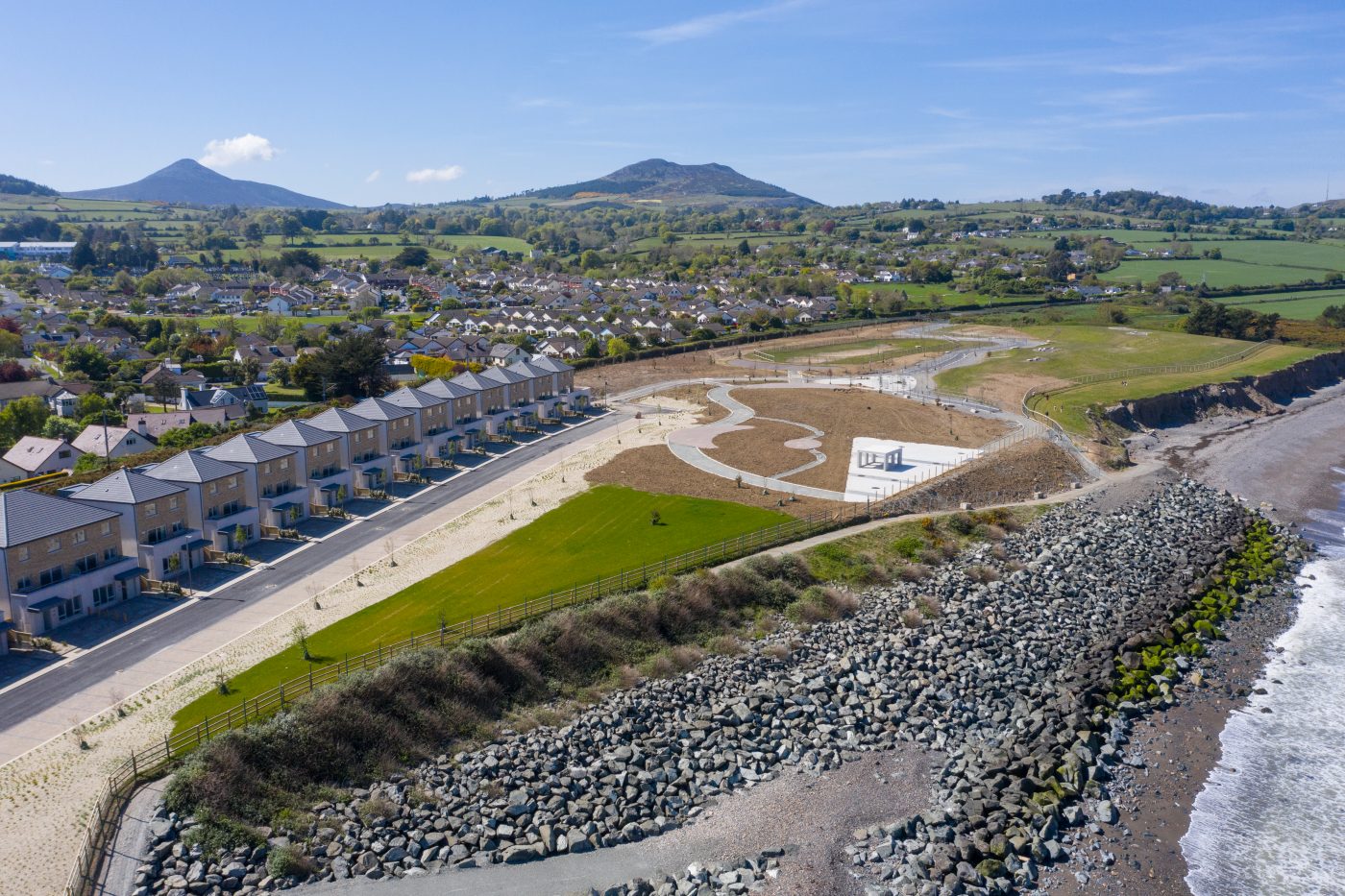Activist investors need a thick skin. It’s the nature of their business. The Swedish activist investor Christer Gardell, for example, was called a “capitalist butcher” in the press. A former prime minister said he was destroying the fabric of Swedish capitalism. What activist investors like Gardell do is buy up shares in what they perceive as mismanaged companies. Then they force themselves onto the board, and try force the companies to do things make the shares more valuable. In the process they tend to make enemies. Activist have a narrow definition of “mismanaged”. All they care about is whether the…
Cancel at any time. Are you already a member? Log in here.
Want to read the full story?
Unlock this article – and everything else on The Currency – with an annual membership and receive a free Samsonite Upscape suitcase, retailing at €235, delivered to your door.

